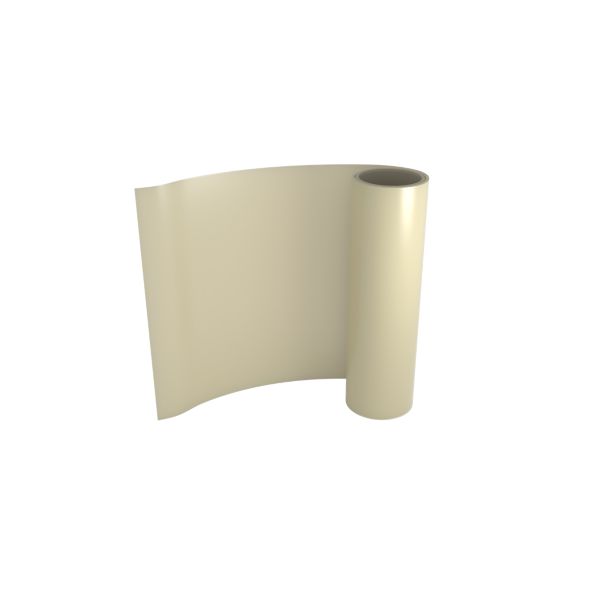LOCTITE ABLESTIK 5020
Harmonization Code : 3920.99.28.90 | Other plates, sheets, film, foil and strip, of plastics, non-cellular and not reinforced, laminated, supported or similarly combined with other materials ; Of other plastics ; Other; Other
Main features
- Non conductive film
- Assembly applications
- High purity
Product Description
LOCTITE ABLESTIK 5020 glass supported adhesive film is a higher purity version of ABLEFILM 550 adhesive film. It is designed for substrate attach and sealing microelectronic packages. This adhesive film meets the requirements of MIL-STD-883, Method 5011.
LOCTITE ABLESTIK 5020 Non conductive adhesive film cures in 1hour @ 150°C and comes in various thicknesses. Namely 3mil, 4mil and 5mil. It is available in sheet stock or die cut preforms and can be die cut to customer specifications.
Directions for use
- Place precut adhesive film between clean surfaces to be bonded.
- Assemble components.
- Apply spring loaded clamp or dead weight to provide continuous pressure of at least 5 to 10 psi during cure cycle.
- Place assembly in a preheated oven and cure at the recommended cure schedule.
Cure Schedule
- 1 hour @ 150°C
Technical Specifications
| General Properties | |||||||||
| |||||||||
| |||||||||
| Work life @25°C Work life @25°C Work life is the amount of time we have to work with a material until it is no longer able to be easily worked and applied on a substrate. It is based on the change in viscosity and it can rely on the application requirements. | 183 hours | ||||||||
| Chemical Properties | |||||||||
| |||||||||
| Mechanical Properties | |||||||||
| |||||||||
| Thermal Properties | |||||||||
| |||||||||
| Thermal Conductivity Thermal Conductivity Thermal conductivity describes the ability of a material to conduct heat. It is required by power packages in order to dissipate heat and maintain stable electrical performance. Thermal conductivity units are [W/(m K)] in the SI system and [Btu/(hr ft °F)] in the Imperial system. | 0.2 W/m.K | ||||||||



